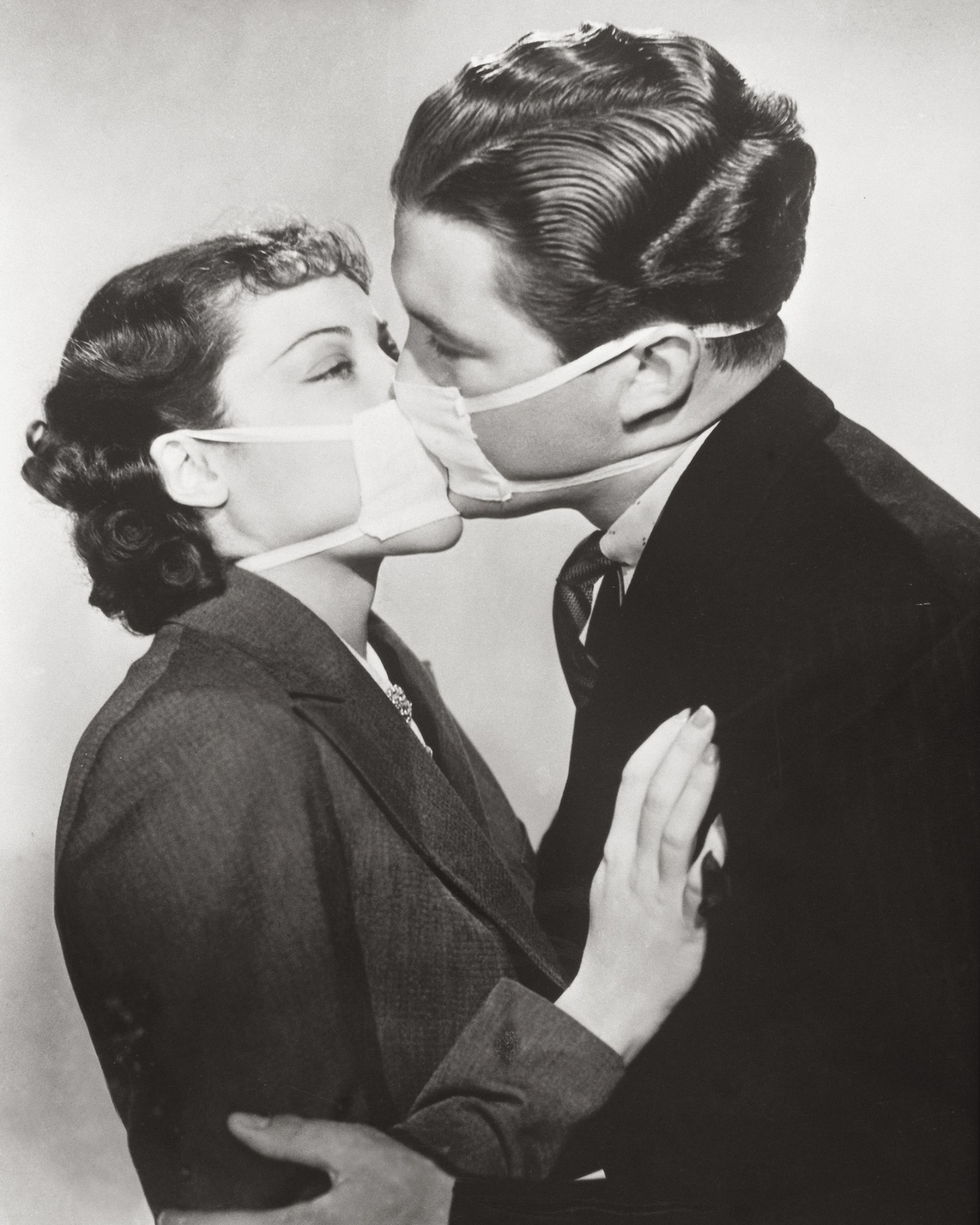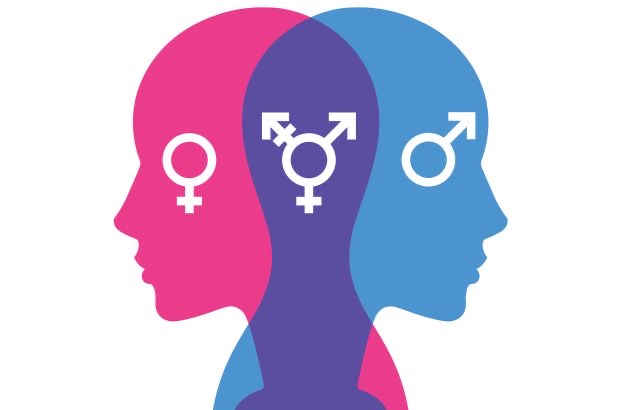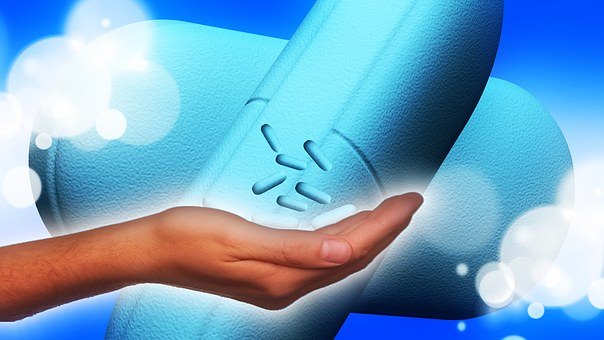In Search of Love: What We Seek Is Already Within Us Everything we do in life is driven by love. Sometimes we look for it in others, and other times we try to fill its absence. Every choice, every gesture, every deep desire is somehow connected to this need—to feel loved, accepted, and recognized. We …
Continue reading “In Search of Love: What We Seek Is Already Within Us”










